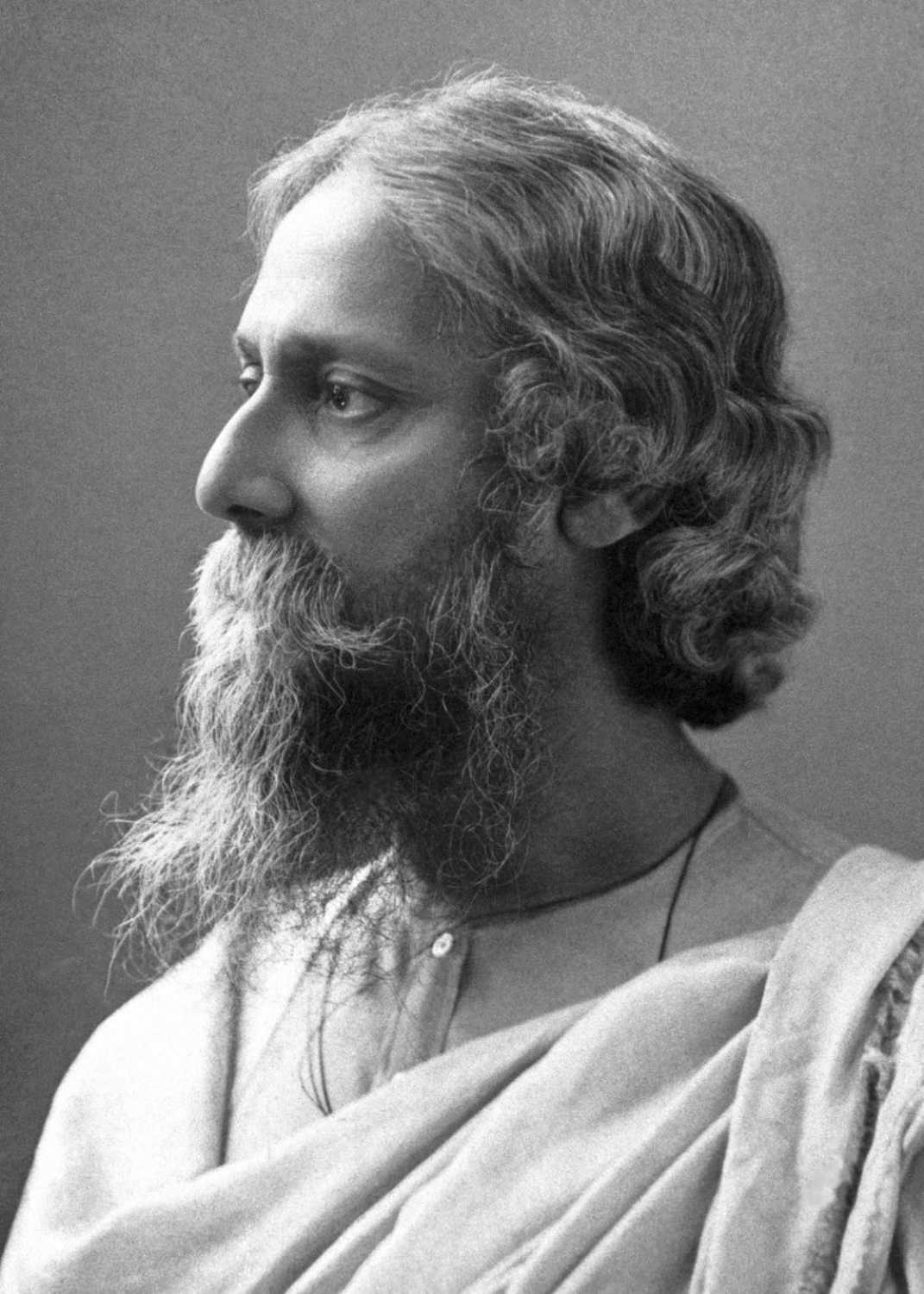Rabíndranáth Thákur najznámejšie citáty
Rabíndranáth Thákur Citáty o pravde
Rabíndranáth Thákur Citáty o živote
Prisudzované výroky
Zdroj: EXLEY, HELEN: Večné hodnoty. Bratislava: Slovart, 2005. ISBN 80-8085-025-9
Rabíndranáth Thákur citáty a výroky
„Nemám dieťa rád preto, že je poslušné, ale preto, že je to moje dieťa.“
Prisudzované výroky
Zdroj: [KOTRMANOVÁ, Milada.: Perly ducha. Ostrava: Knižní expres, 1996 ISBN 80-902272-1-X]
„Čím je žena cnostnejšia, tým horšie sa s ňou zaobchádza.“
Prisudzované výroky
„Dokážem milovať Boha preto, že mi dáva slobodu ho poprieť.“
Prisudzované výroky
Prisudzované výroky
Zdroj: [KOTRMANOVÁ, Milada.: Perly ducha. Ostrava: Knižní expres, 1996 ISBN 80-902272-1-X]
„Ponechajme mŕtvym nesmrteľnosť slávy, ale živým dajme nesmrteľnosť lásky.“
Prisudzované výroky
Zdroj: [245]
Rabíndranáth Thákur: Citáty v angličtine
"Nationalism in the West", 1917. Reprinted in Rabindranath Tagore and Mohit K. Ray, Essays (2007, p. 475). Also cited in John Jesudason Cornelius, Rabindranath Tagore: India's Schoolmaster, (1928, p. 83).
“To be outspoken is easy when you do not wait to speak the complete truth.”
128
Stray Birds (1916)
Glimpses of Bengal http://www.spiritualbee.com/tagore-book-of-letters/ (1921)
“To the guests that must go, bid God's speed and brush away all traces of their steps.”
45
The Gardener http://www.spiritualbee.com/love-poems-by-tagore/ (1915)
“Every person is worthy of an infinite wealth of love — the beauty of his soul knows no limit.”
Glimpses of Bengal http://www.spiritualbee.com/tagore-book-of-letters/ (1921)
Glimpses of Bengal http://www.spiritualbee.com/tagore-book-of-letters/ (1921)
37
Gitanjali http://www.spiritualbee.com/gitanjali-poems-of-tagore/ (1912)
“Night's darkness is a bag that bursts with the gold of the dawn.”
213
Stray Birds (1916)
“That I exist is a perpetual surprise which is life.”
22
Stray Birds (1916)
74
The Gardener http://www.spiritualbee.com/love-poems-by-tagore/ (1915)
“Praise shames me, for I secretly beg for it.”
207
Stray Birds (1916)
"Nationalism in the West", 1917. Reprinted in Rabindranath Tagore and Mohit K. Ray, Essays (2007, p. 489). Also cited in Parmanand Parashar, Nationalism: Its Theory and Principles in India (1996, p. 213-14).
Rabindranath Tagore, Gora, translated into English, Calcutta, 1961. Quoted from Goel, S. R. (2016). History of Hindu-Christian encounters, AD 304 to 1996. Chapter 13 ISBN 9788185990354 https://web.archive.org/web/20120501043412/http://voiceofdharma.org/books/hhce/
R. Tagore, `Aatmaparichapa' in his book `Parichaya' http://hindusamhati.blogspot.com/2013/05/thoughts-of-rabindranath-tagore-on.html
“Those who have everything but thee, my God, laugh at those who have nothing but thyself.”
226
Stray Birds (1916)
Preface
Sādhanā : The Realisation of Life http://www.spiritualbee.com/spiritual-book-by-tagore/ (1916)
Interview with Einstein (1930)
“Let this be my last word, that I trust in thy love.”
326
Stray Birds (1916)
“Swamy Shraddananda’, written by Rabindranath in Magh, 1333 Bangabda; compiled in the book ‘Kalantar’.
Rabindranath Tagore, Essays, Nationalism in Japan, Atlantic Publishers & Dist, 2007 p.471, and quoted in A Look at India From the Views of Other Scholars, by Stephen Knapp https://www.stephen-knapp.com/a_look_at_india_from_the_views_of_other_scholars.htm
